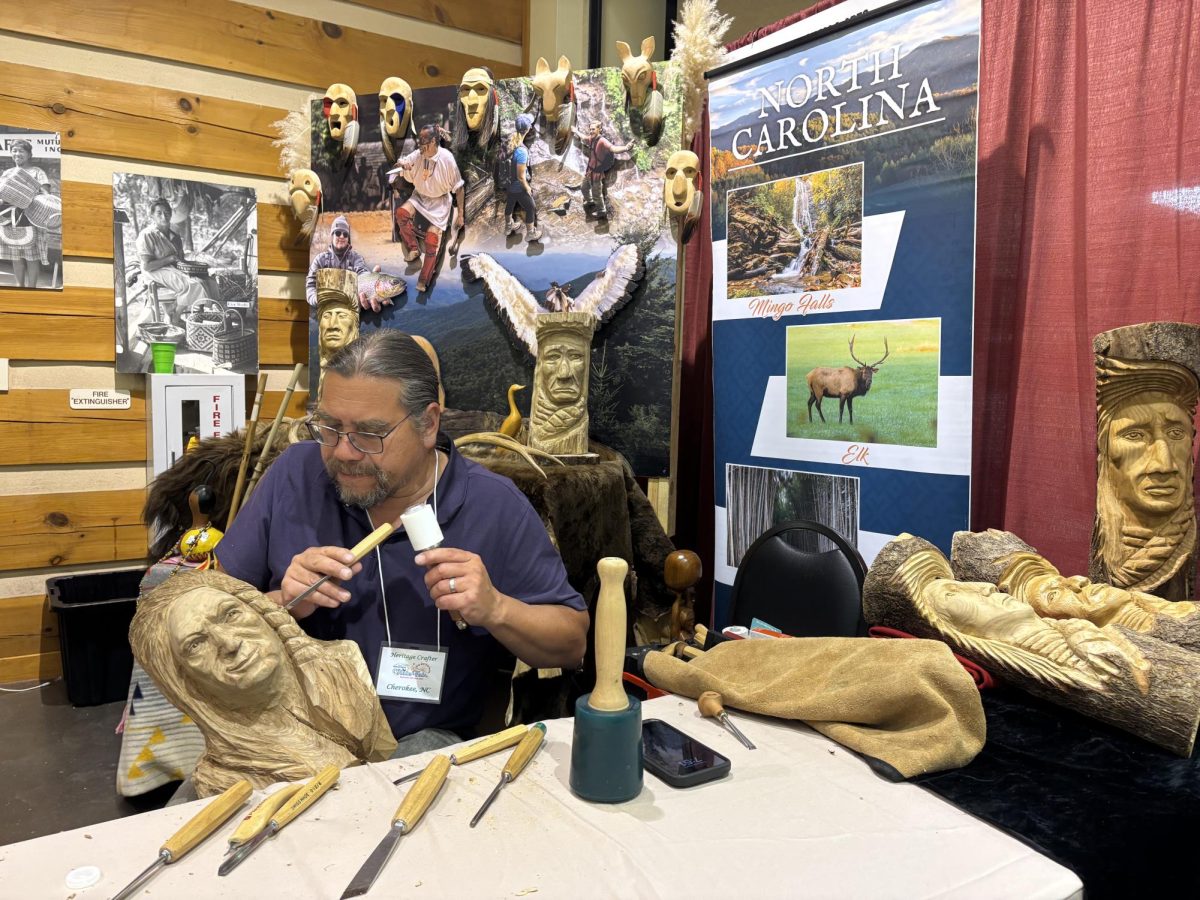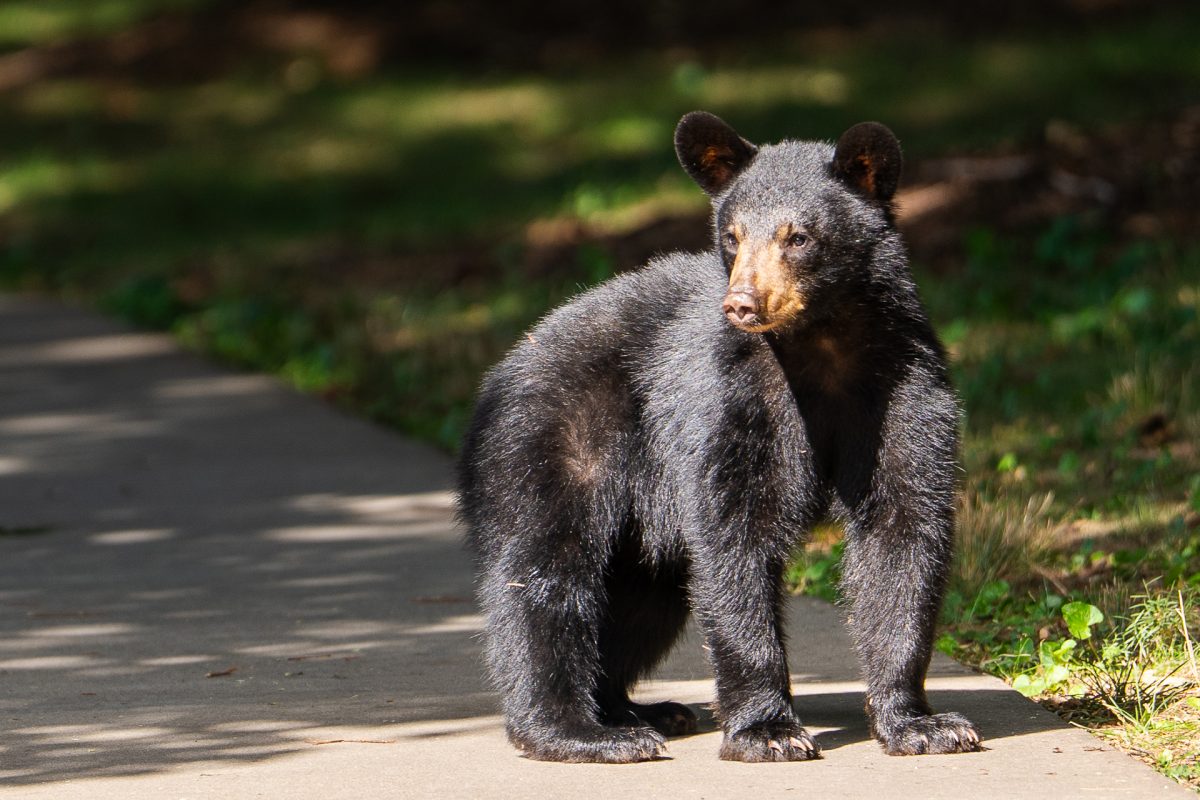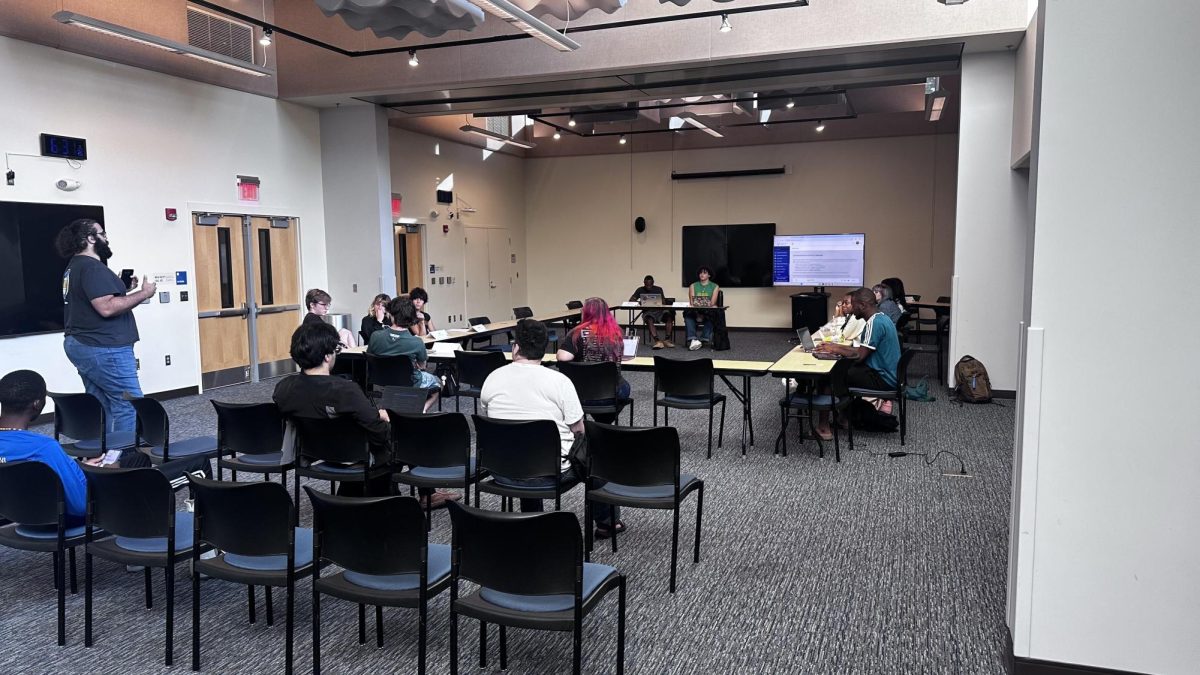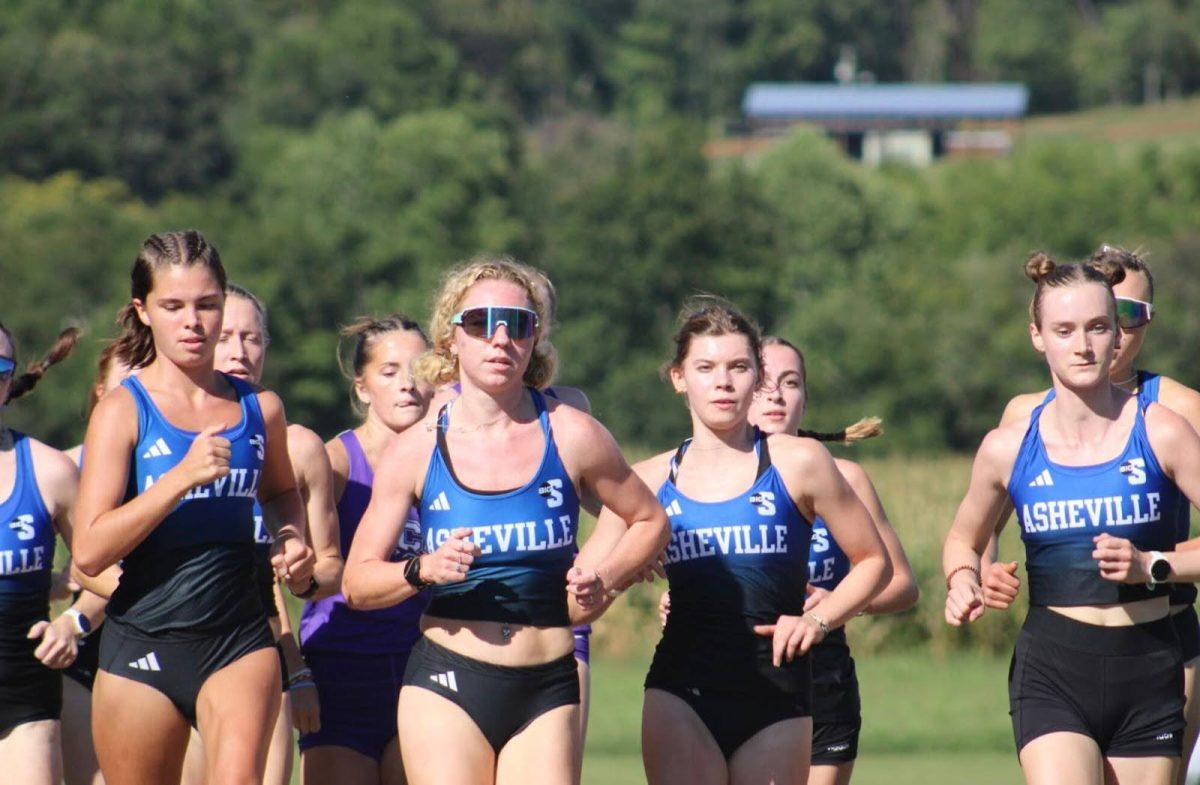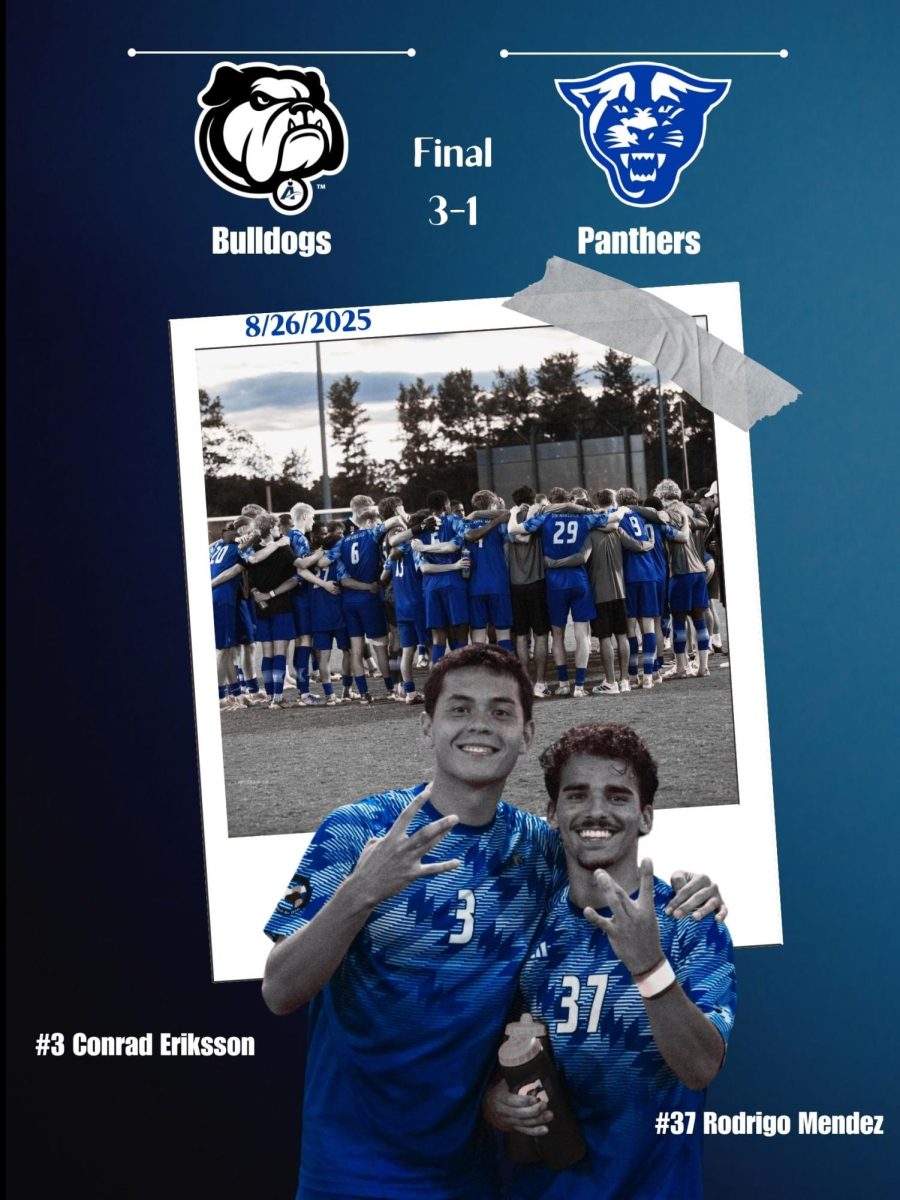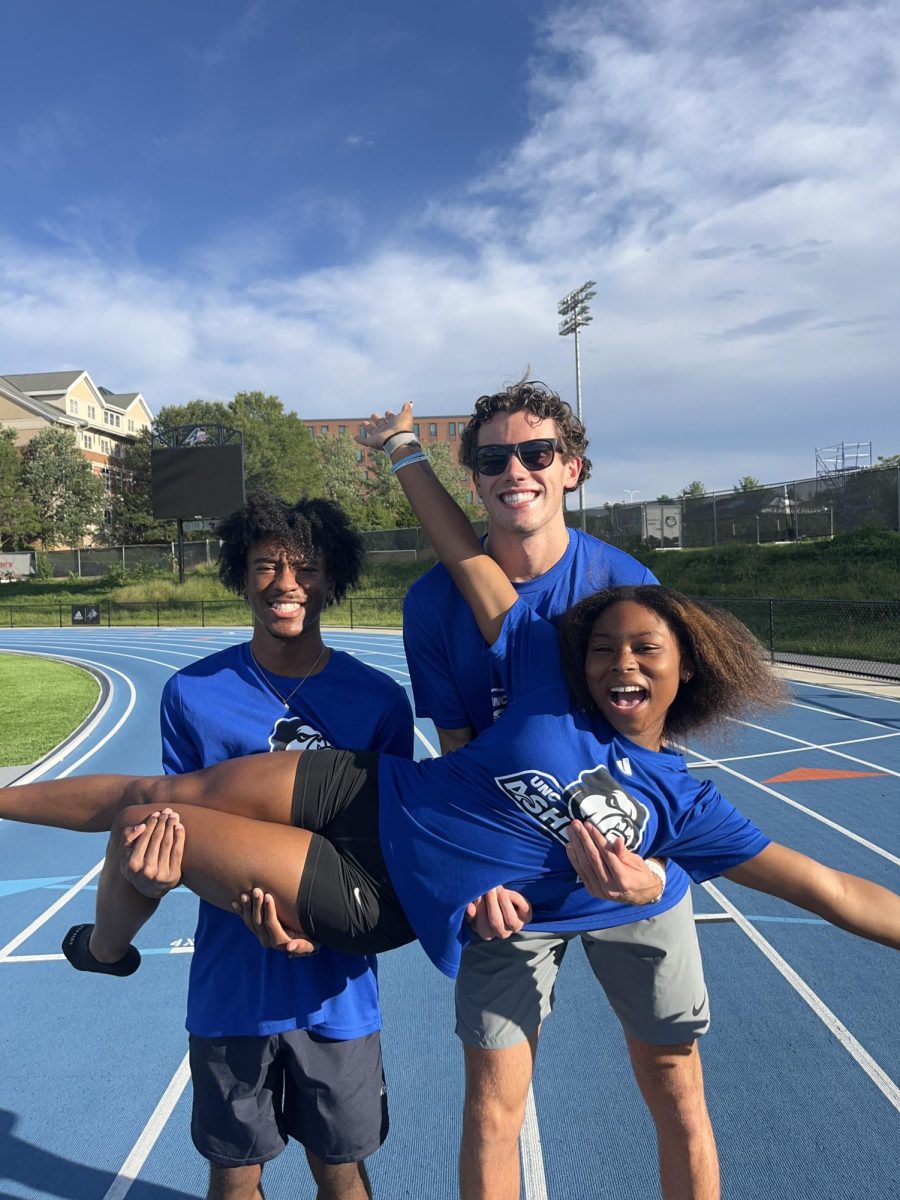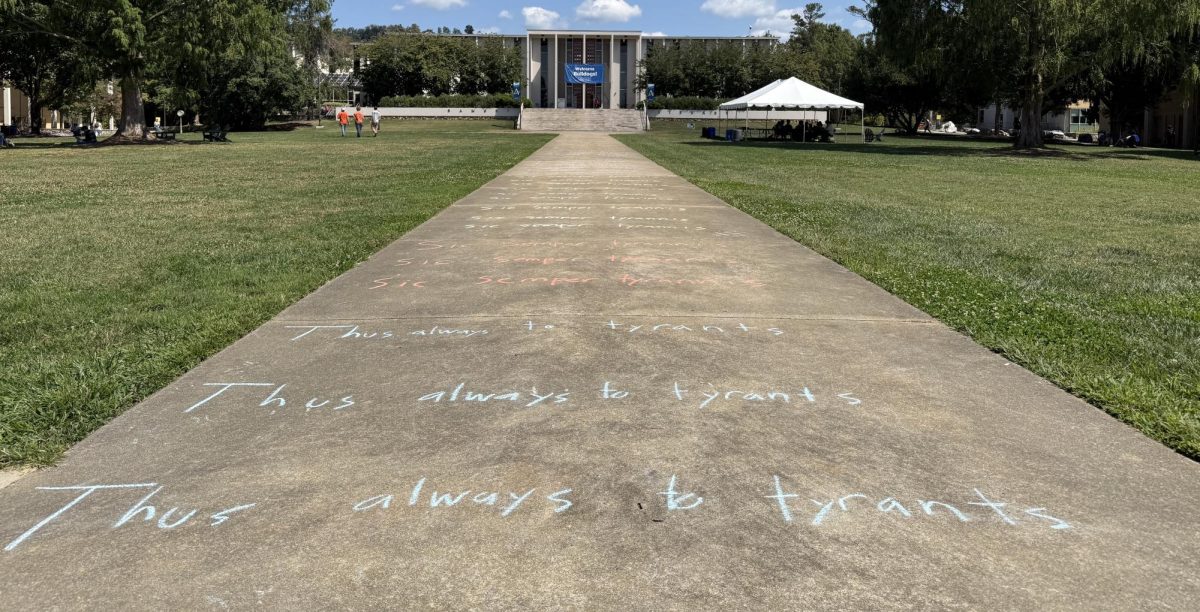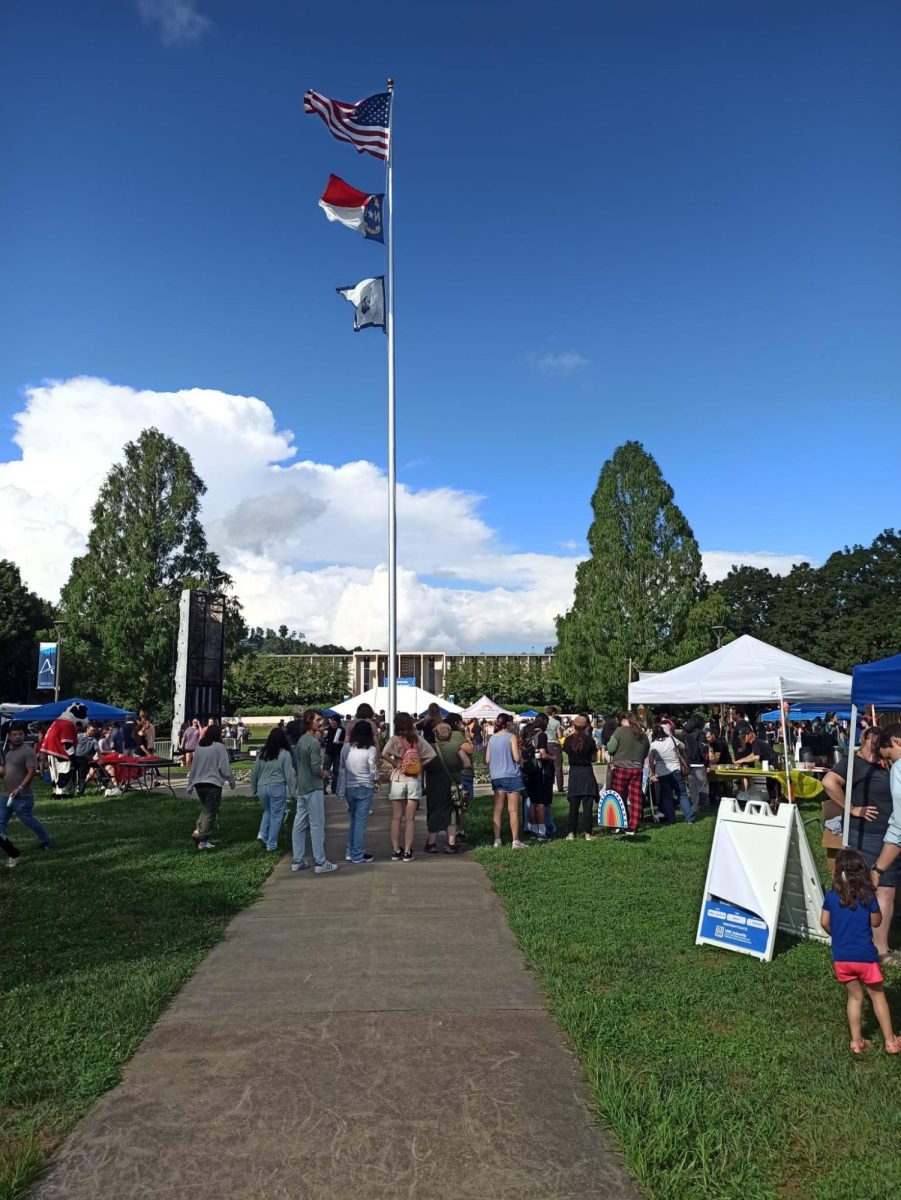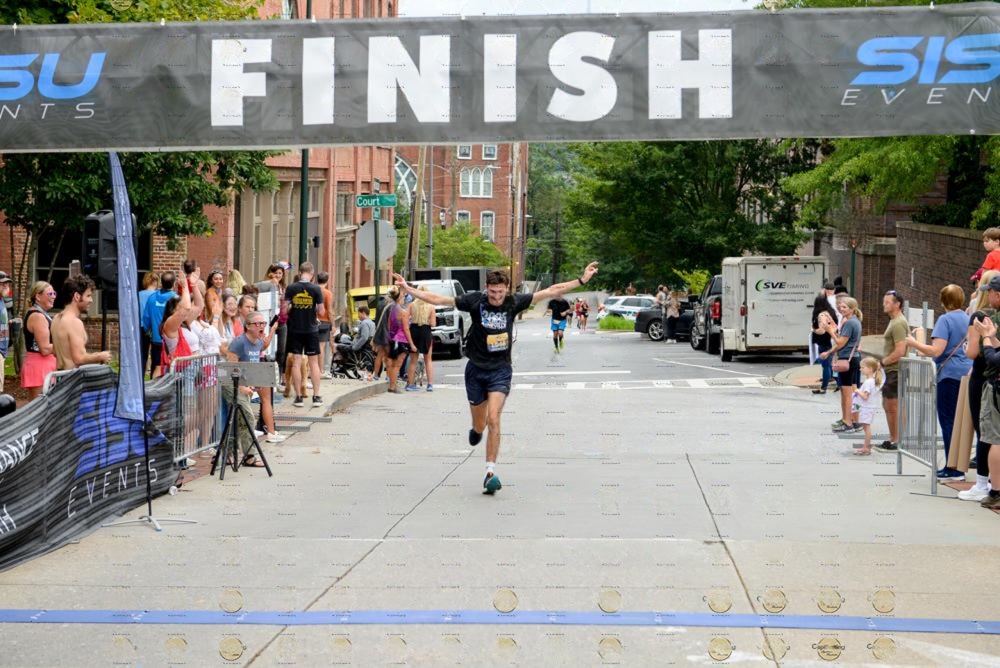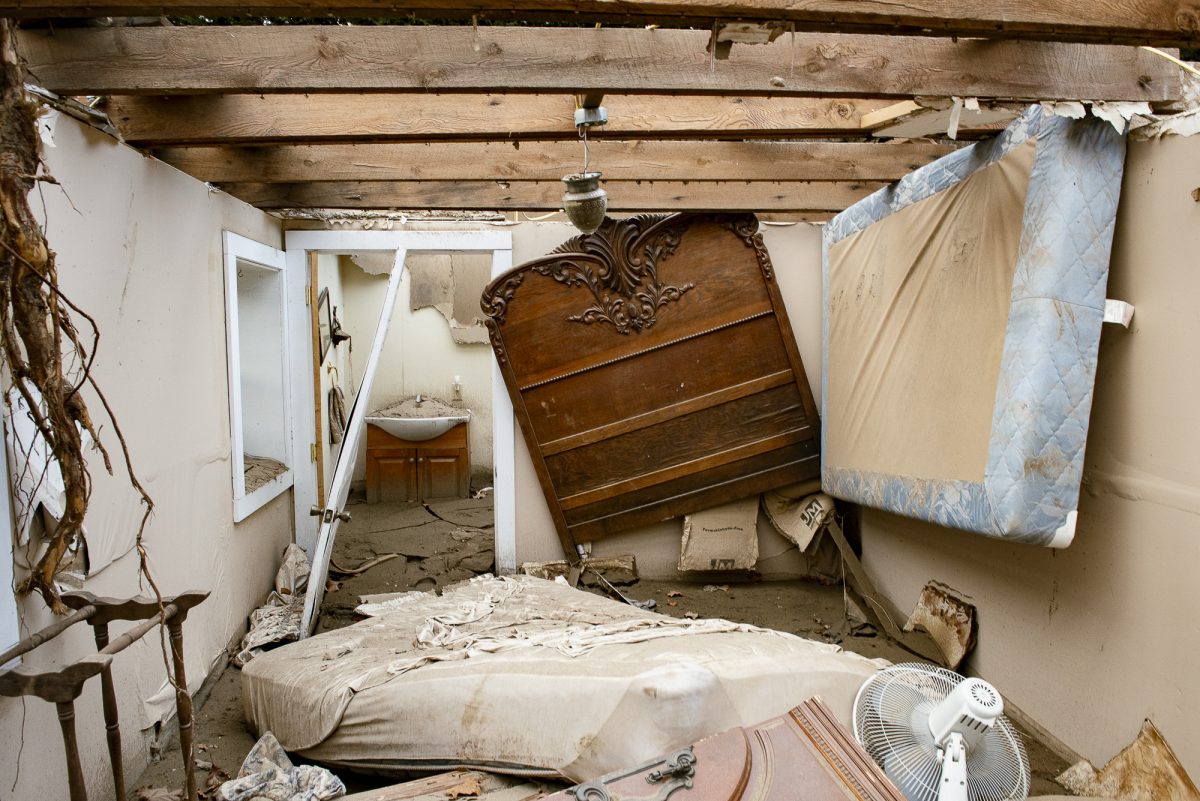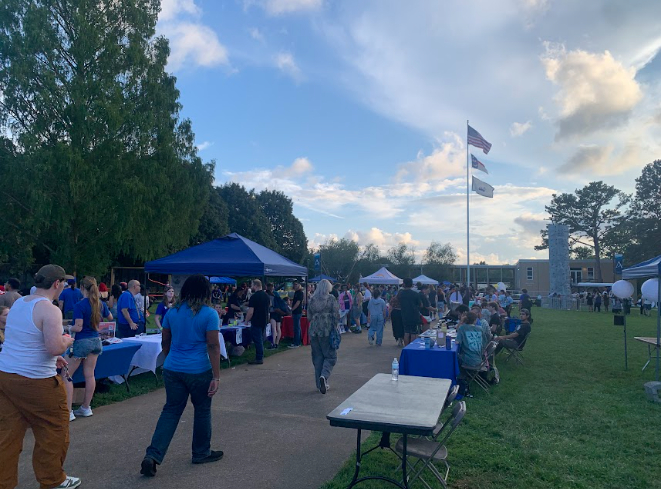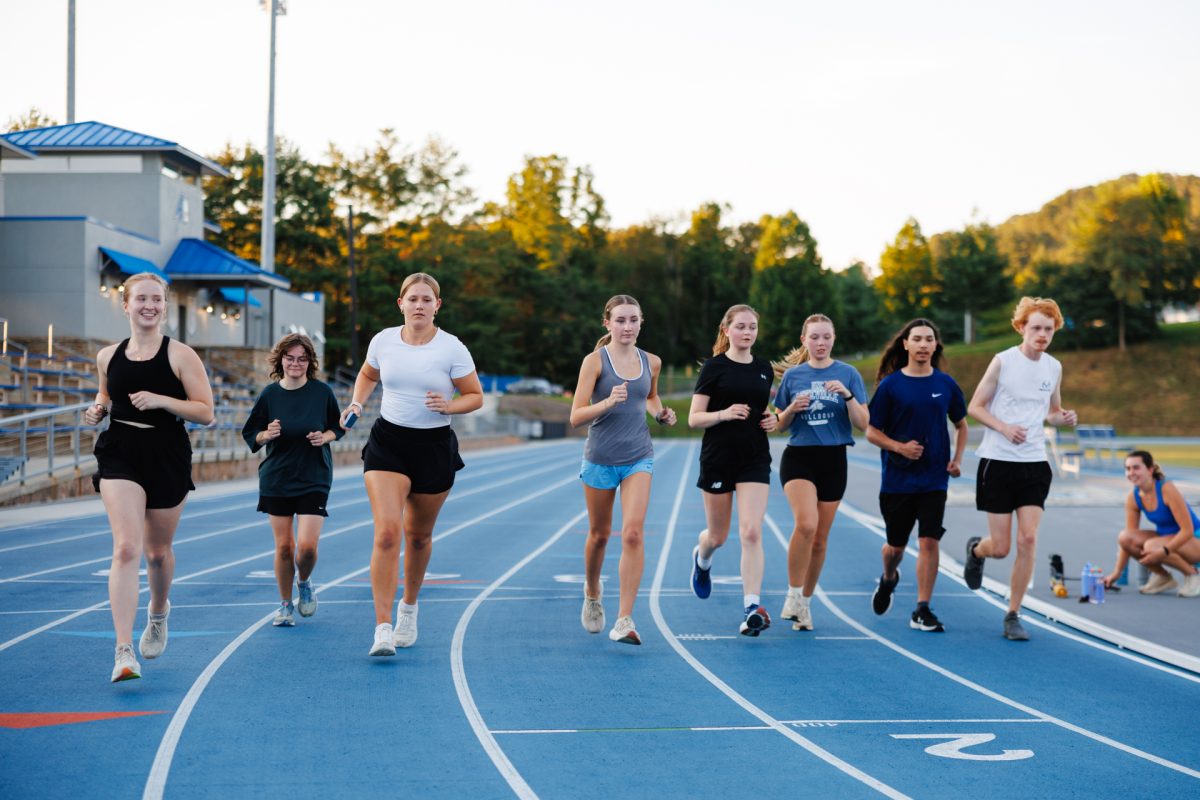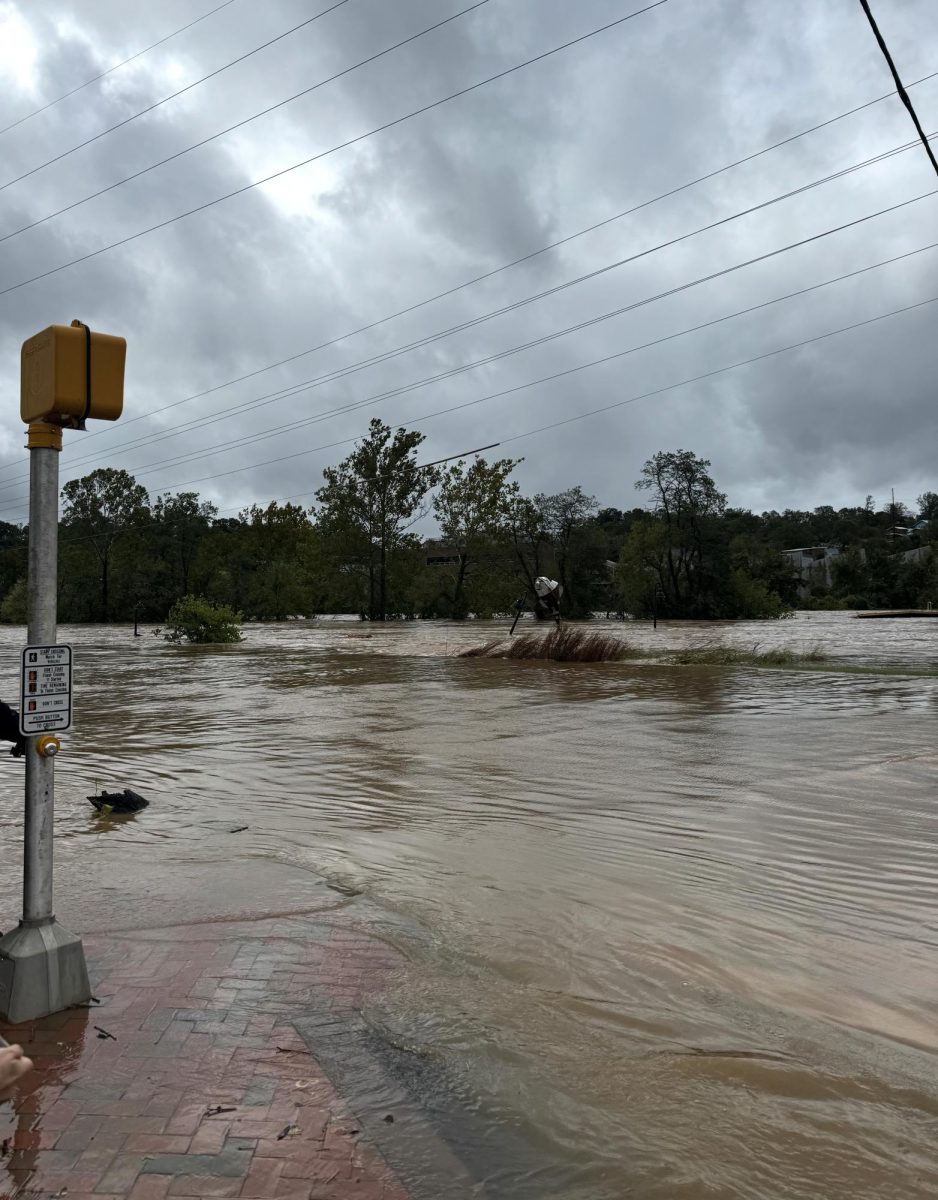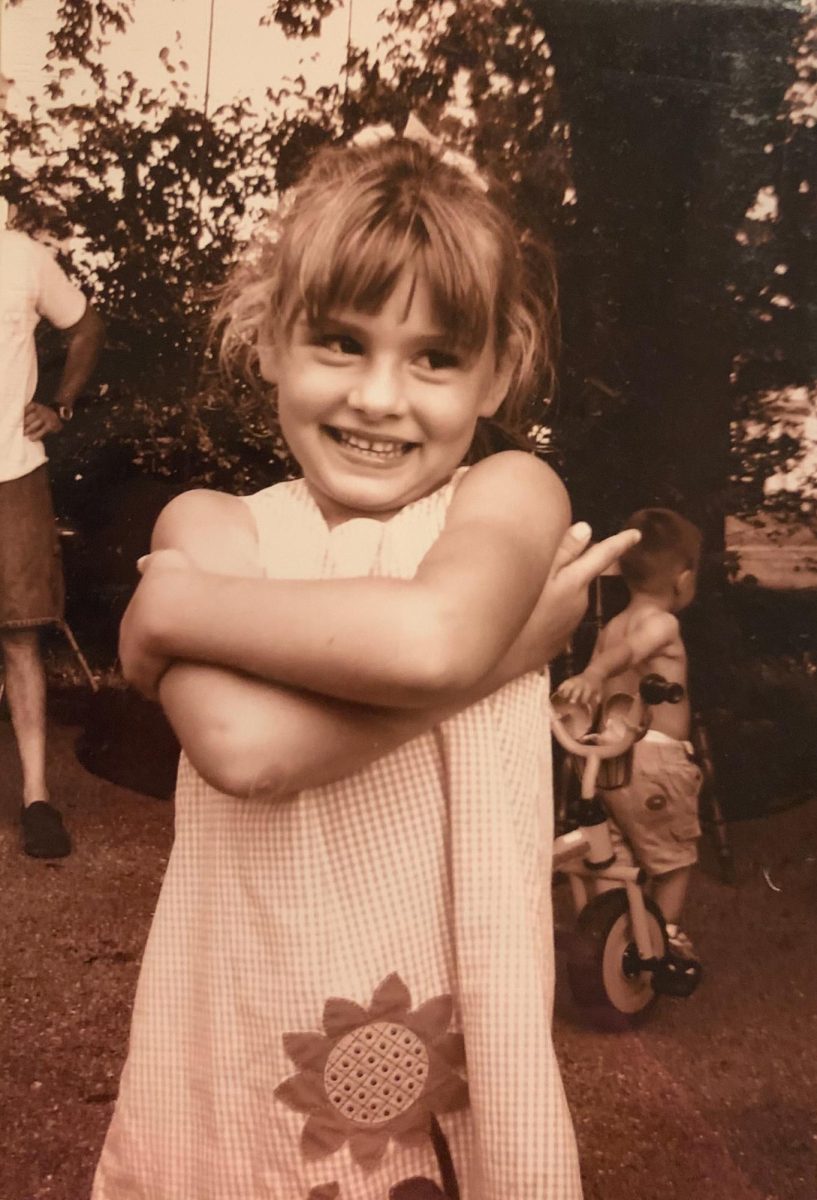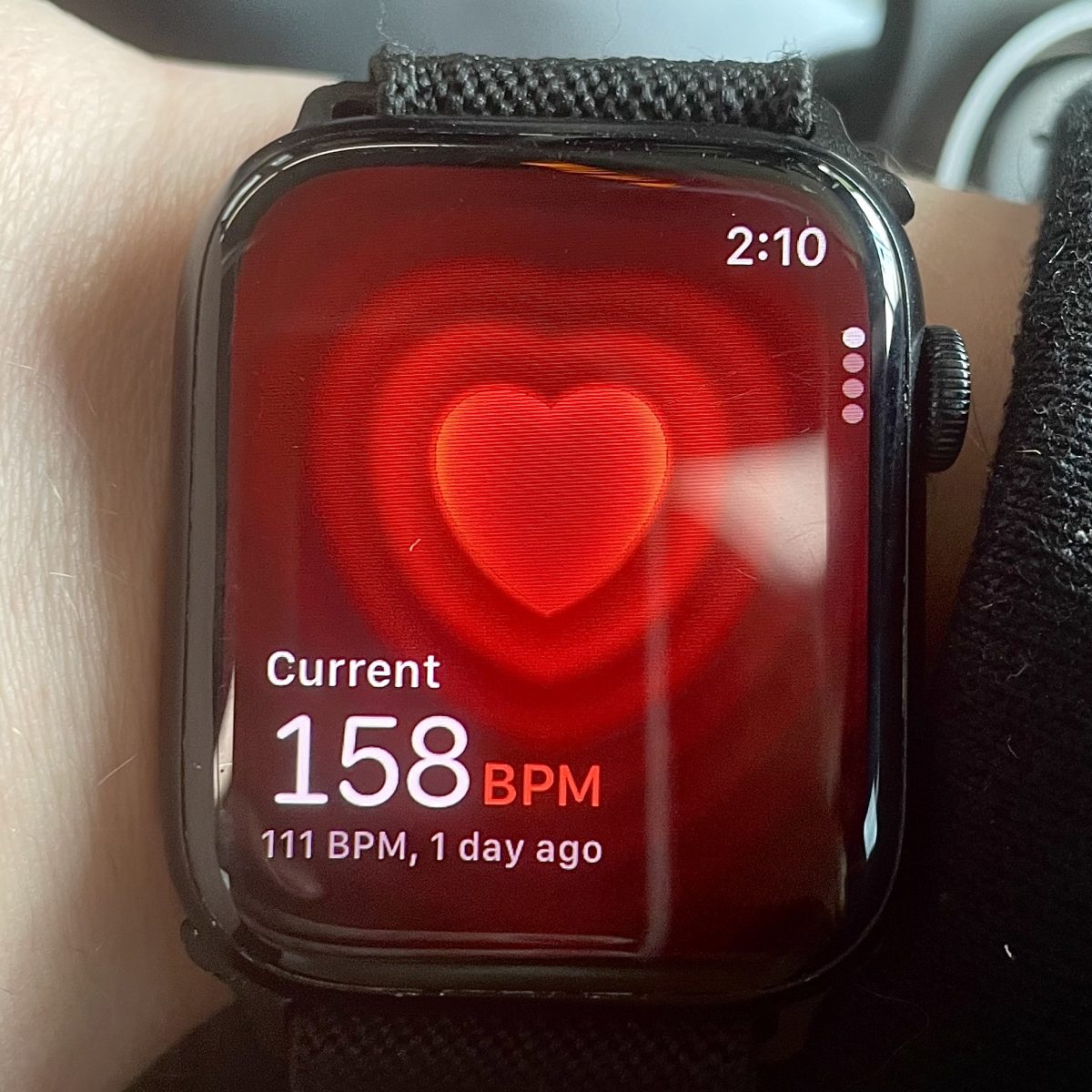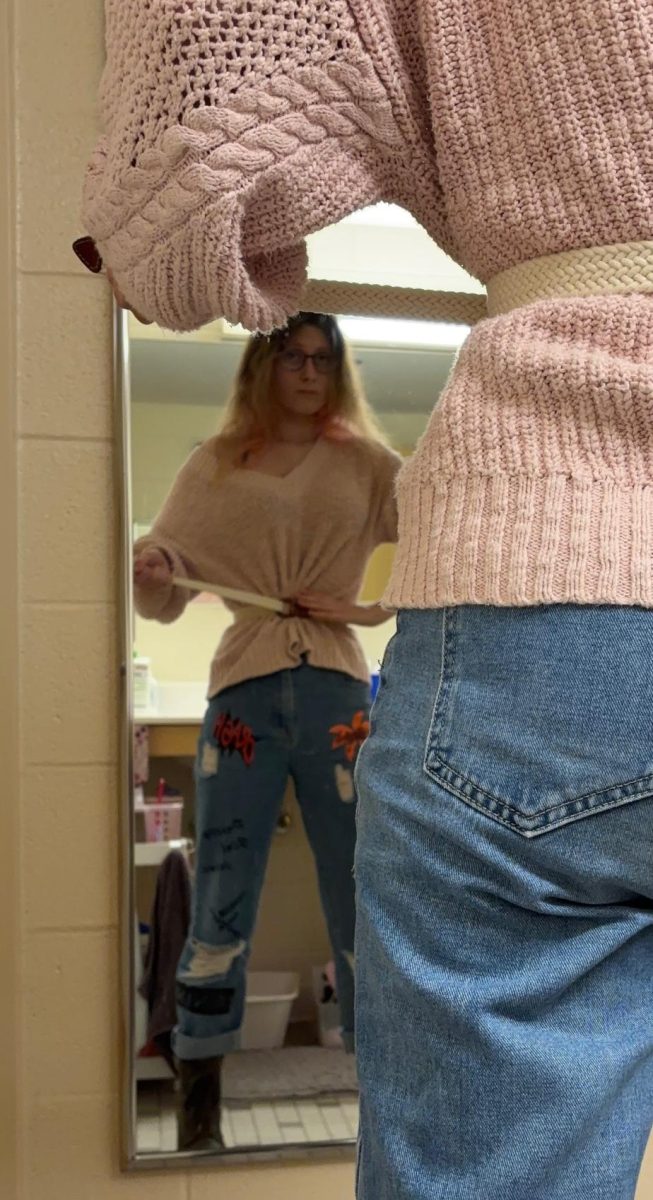The girl stood ankle-deep in the French Broad’s revenge note. 10 inches of brown water clung to her leg like it had a grudge. A dumpster floated past like Noah forgot a few things when he built the ark.
The river wasn’t raging; it was laughing. A deep, belly-clutching laugh, the kind that rattles your ribs and makes you question your choices. She couldn’t believe it. Nobody could.
This wasn’t supposed to happen here.
She moved to Asheville for the postcards, the mountains, the craft breweries and the small-town charm wrapped in a blue haze of the Appalachian skyline. Hurricanes? That’s the coast’s problem. Earthquakes? Flyover states. Tornadoes? Keep that with the trailer parks out west.
Standing there, she learned rivers don’t care about zip codes.
She had never worried about flooding until it swallowed her street, fragmenting her educational route and sense of certainty. She had never worried about power outages until she spent four days eating canned beans by candlelight, waiting for someone to call and tell her everything was going to be fine.
Nobody had called. A dead phone. Signals mocked her with “call failed.”
Here she was, 19 hours away from the closest thing to a support system.
If she disappeared, no one would know. Not for hours. Maybe days. Maybe never.
The storm didn’t care if she had someone waiting for her. It didn’t care if she was loved, hated or forgotten. She was facing the kind of disaster that didn’t even have the decency to remember her name.
The girl stared at the waterline creeping higher, licking the tires of her car like it wanted seconds. Her boots were soaked. Her jeans clung to her legs. All she could think was how far 19 hours felt when she had no bars, no signal, no way to scream loud enough for someone to hear.
The river didn’t care. The storm didn’t care. Asheville didn’t care. She was just another person standing in ten inches of disaster, waiting for it to worsen.
But her? She cared. She had to.
When the water receded, it left behind wreckage – splintered trees, waterlogged cars, the kind of silence that could make someone second-guess whether anything would ever be normal again.
The hurricane came in, made its mess, and left without looking back. And now, 113 days later, she was back at UNC Asheville, watching the city brush it off as if it had never happened.
The 2025 Spring Semester had arrived, staring at what the storm hadn’t managed to carry away. Buildings were still standing, but they felt hollow like they hadn’t quite recovered their purpose. The sidewalks were cleared, but cracks spidered beneath the surface – a reminder of how fragile it all was.
The students had returned, too. They moved like survivors, weighed down by holiday nostalgia and shiny new backpacks that didn’t fit the reality they were walking into. The courtyards felt alive again, but it wasn’t the same. Not really. No one rebuilds from a storm without noticing what’s missing.
She wasn’t sure what felt heavier: the storm or the weeks that followed.
She stood in the courtyard of UNC Asheville, the sunshine too bright, the ice too slick and the campus too clean. It was like someone had vacuumed the disaster and sprayed air freshener over the ruins of last fall.
The university wanted to move forward. Forget the evacuation orders. Forget the students stranded without cell service. Forget the ones who didn’t come back. But the students hadn’t forgotten.
She saw it in the way they moved. They weren’t just cold, they were tired – tired in the way people get when they’re carrying something heavy, something invisible.
Students trudged past, their backpacks sagging with Christmas loot and leftover dread. They avoided holding eye contact, avoided thinking about the hurricane and avoided noticing how every step across campus felt like walking on a grave. Carefully stepping over the cracks in the pavement – and the ones in themselves. The girl wasn’t sure what she’d expected, but it wasn’t this – this forced attempt at normal, like spring semester could just wipe the slate clean.
But, maybe that’s what people do after storms, brave a smiling face and mull over how rebuilding wasn’t its own kind of disaster.
She couldn’t decide what felt stranger – the jagged edges of what the hurricane left behind or the polished mask everyone superglued to their face. The water stains on the brick walls remained. The trees bent sideways like old men with broken backs didn’t leave. But, the flyers for spring events, the cheerful emails about “new beginnings” and the forced smiles from the administration were new.
It was the kind of new that didn’t feel like hope. It felt like a cover-up.
The girl knew how to hide the weight in her eyes, too. Everyone did now. They wore shiny new shoes, laughed too loudly in the dining hall and talked about syllabi, almost like everything wasn’t soaked in memory.
But the thing about disasters is they don’t care if you’re ready to move on. They linger – in puddles and cracks, in shadows and silences.
And here they all were, clinking glasses at spring wiping away the wreckage as if the glass wasn’t already superglued from a previous shatter.
But storms don’t have to care. They just take and leave everyone standing in the aftermath, ankle-deep in what used to be normal, while they wonder if they’ll ever stop smelling damp concrete.
Some had lost their apartments, forced to couch-surf or scrape together deposits for new leases they couldn’t afford. Others had lost jobs when downtown businesses drowned in troubled waters. The girl had spent weeks waiting for FEMA to approve her claim, staring at the email that always seemed to say, “In Review.” Some people lost everything. Others had to fight just to prove they had lost something at all.
Asheville still bore the marks of Hurricane Helene – broken trees, water stains etched into brick walls and patches of grass that hadn’t grown back yet. It was the kind of damage students can’t hide with fresh flyers or campus tours.
Students walked past it all, carefully stepping over the physical scars while ignoring the emotional ones. Some probably believed the emails about “new beginnings” and “rebuilding stronger.” Others just wanted to get through the semester without another disaster.
The university had tried. The Chancellor’s spring grant was meant to ease the financial blow, but it doesn’t replace a semester’s worth of last wages. It doesn’t bring back the notebooks left floating in flooded apartments. It doesn’t erase the medical debt of students who waded through contaminated water and spent a week coughing up something thick and unnamable. It doesn’t make up for the months spent logging onto Zoom classes with spotty Wi-Fi, as if they weren’t living out of their cars.
Some professors had been understanding. Others had not. Deadlines don’t care about natural disasters, and neither did midterms. Some students had to drop out entirely. Some barely scraped through. And now, here they were, being handed flyers for spring events as if the trauma had a reset button.
The girl joined the shuffle of bodies moving between classes, between lives. She adjusted her backpack, the weight of her textbooks feeling heavier than usual, and told herself she’d figure it out, just like everyone else was pretending to.
But the thing about pretending? It cracks, sooner or later.

